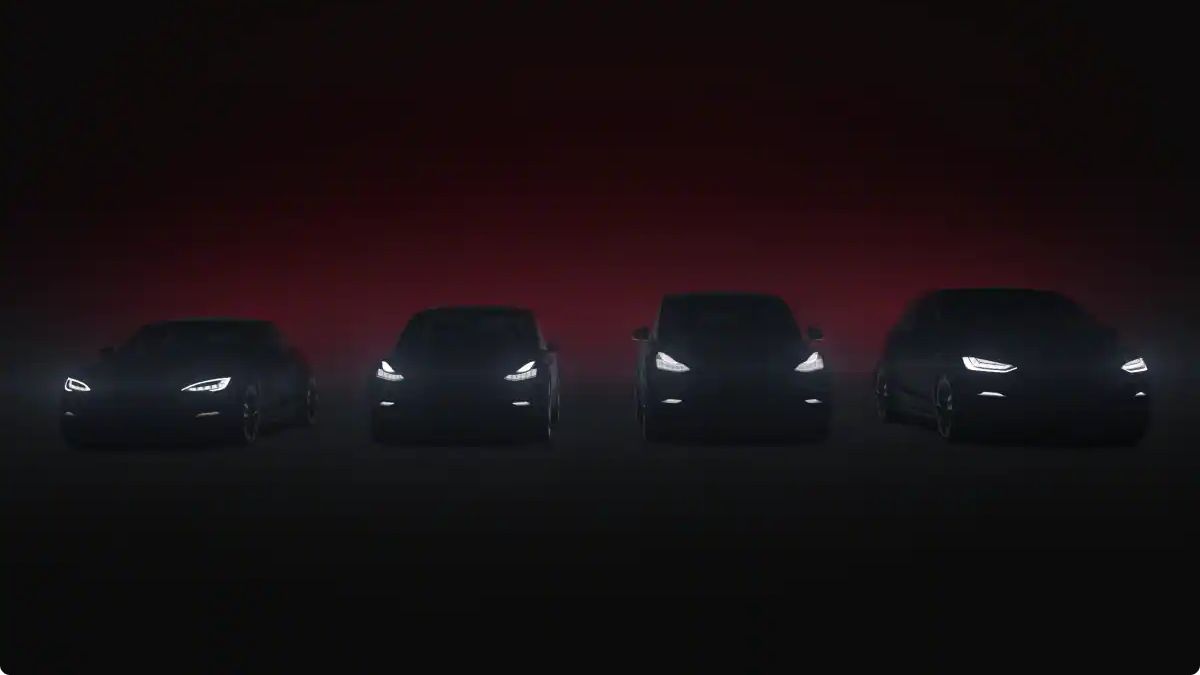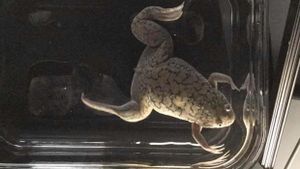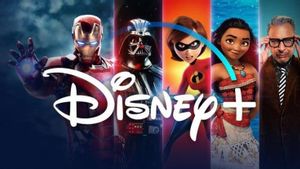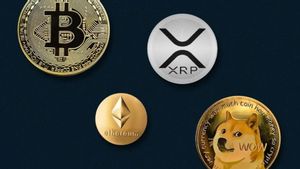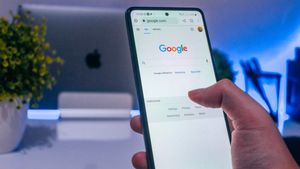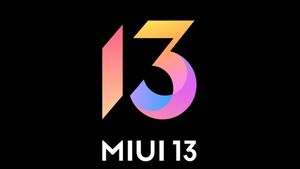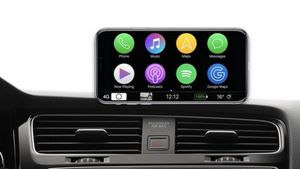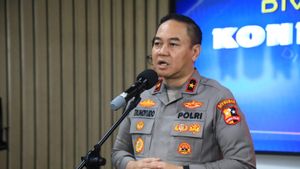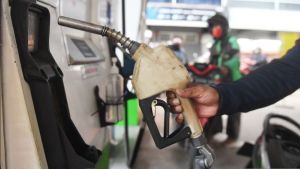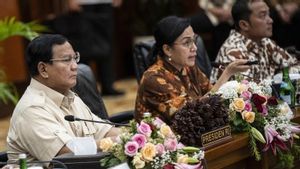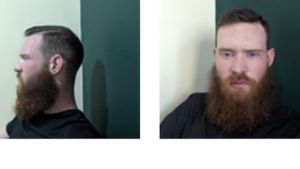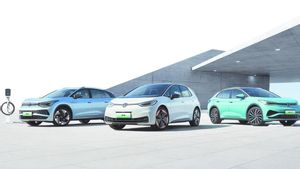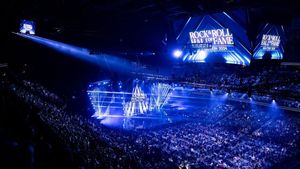JAKARTA – Tesla's Chief Executive, Elon Musk, on Wednesday, January 17, stated that currently, the most important thing in Tesla products is not cars. However, the software that drives the vehicle autonomously and the humanoid robot inside.
This bold pledge by the most famous billionaire in the electric car industry faces a huge challenge. Starting from technology to regulations in the US. Tesla and other auto tech companies have been missing their goal of producing self-driving cars for years.
"I like the fact that they are pushing the envelope, but I think they are too aggressive," said Roth Capital Partners analyst Craig Irwin as quoted by Reuters.
Musk has built a career by defying skeptics to businesses in electric cars and rockets. Some Tesla drivers have purchased self-driving packages for $12,000 in the hope that fully autonomous vehicles are imminent. While Tesla's 60,000 drivers are testing the latest self-driving software, the scale of which Tesla's competitors have only ever dreamed of.
"I would be surprised if we didn't achieve full self-driving which is safer than humans this year. I would be surprised," Musk said. He predicts full self-driving will be Tesla's "most important source of profitability."
"This is great from a financial point of view," he said, noting that robotaxis would increase vehicle utility five times because owners could send their cars out for work (to become robotaxis) when not needed.
Musk said human-like robots and self-driving cars were more important than the Cybertruck or the $25,000 electric car. Tesla shares fell 10% to their lowest level in more than three months on Thursday after the most valuable automaker delayed releasing new vehicles such as the Cybertruck until next year due to supply chain issues. Musk said Tesla is not currently developing a $25,000 electric car.
Tesla uses cameras and artificial intelligence, eschewing other technologies like radar and lidar sensors that competitors say are key to achieving fully autonomous technology. That approach has drawn fire.
"You have to be able to not just look at someone, like right in front of you, you have to do it, with 99.999999999% reliability. Even bumping into someone is not an acceptable answer," Austin Russell, CEO of lidar maker Luminar, told Reuters.
Philip Koopman, a Carnegie Mellon University professor who works on autonomous vehicle safety, said the big problem was that on a large scale, unusual cases could constantly arise in autonomous cars.
"Without a human driver to handle safety for new situations, machine learning has not been taught, it is very difficult to ensure safety in a fully automated vehicle," he said.
Regulation
Even if the technology does work, Tesla will be under intense scrutiny from regulators before deploying its robotaxis fleet to roam freely. US auto safety regulators opened a safety investigation into Tesla's advanced driver assistant system after several accidents emerged involving parked emergency vehicles and vehicles.
Federal vehicle safety regulators have issued guidelines for the states, but not comprehensive standards governing self-driving cars. "Some state laws require approval for fully autonomous vehicles," Koopman said.
SEE ALSO:
A year ago, Musk said during an earnings call he "strongly believes cars will be able to drive themselves with more reliability than humans this year."
Tesla's autopilot engineer at the time, CJ Moore, last year told California regulators that Musk's tweets about self-driving technology "do not match engineering realities."
Musk also said engineers are working to launch a humanoid robot next year, called Optimus, that could eventually address a global labor shortage, and in the short term might be able to carry stuff around factories.
"To perform dangerous and repetitive tasks, using humanoid robots is the wrong approach," said Raj Rajkumar, professor of electrical and computer engineering at Carnegie Mellon University.
Robots may be more important than cars, according to Musk. "This, I think, has the potential to become more significant than the vehicle business over time," Musk said.
The English, Chinese, Japanese, Arabic, and French versions are automatically generated by the AI. So there may still be inaccuracies in translating, please always see Indonesian as our main language. (system supported by DigitalSiber.id)
